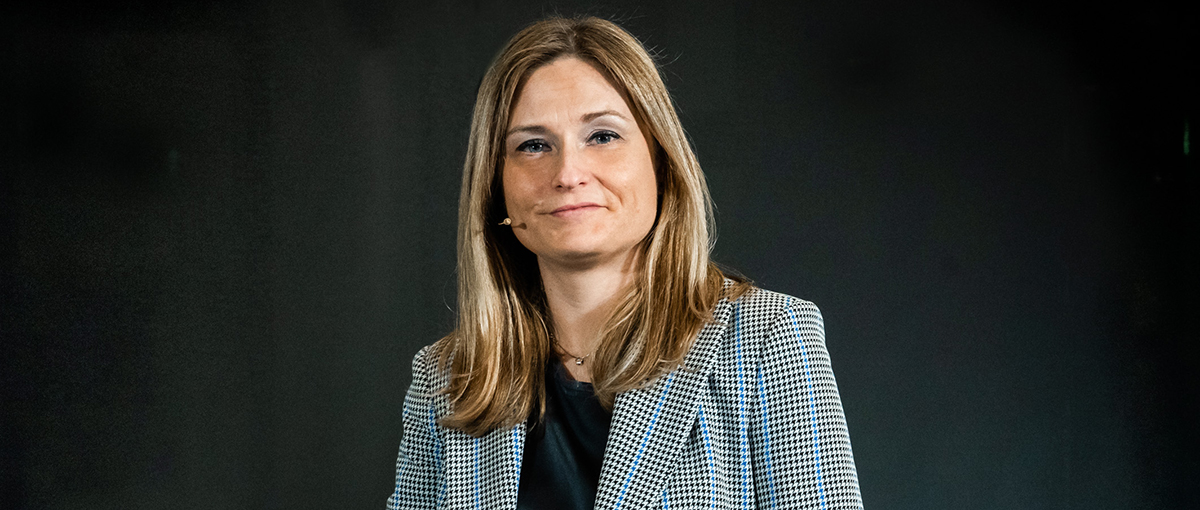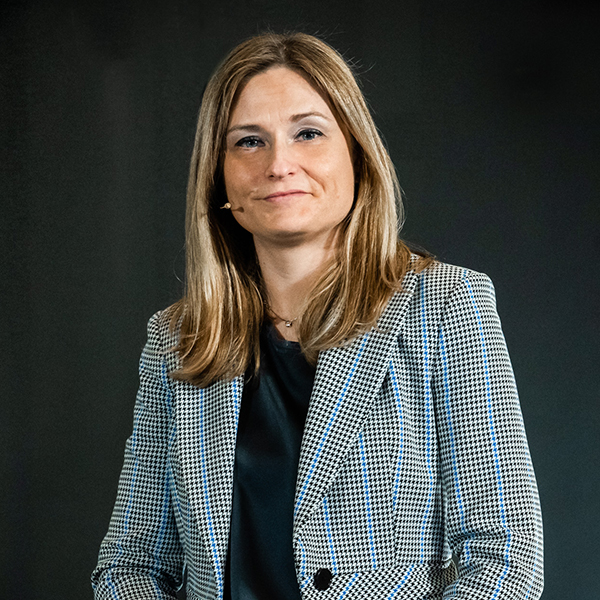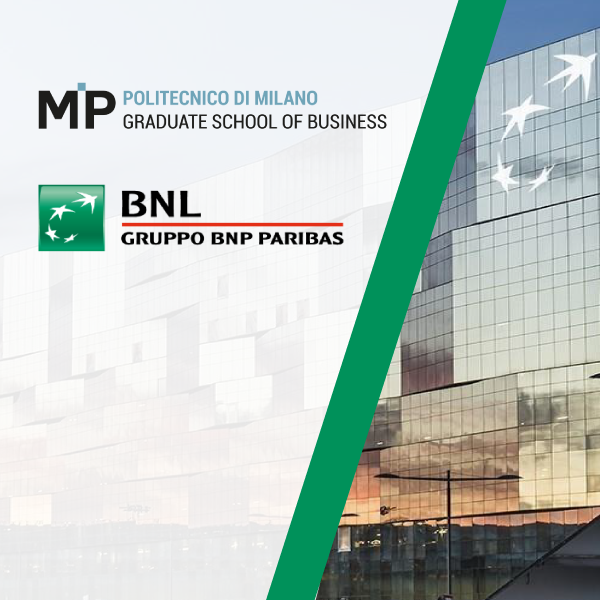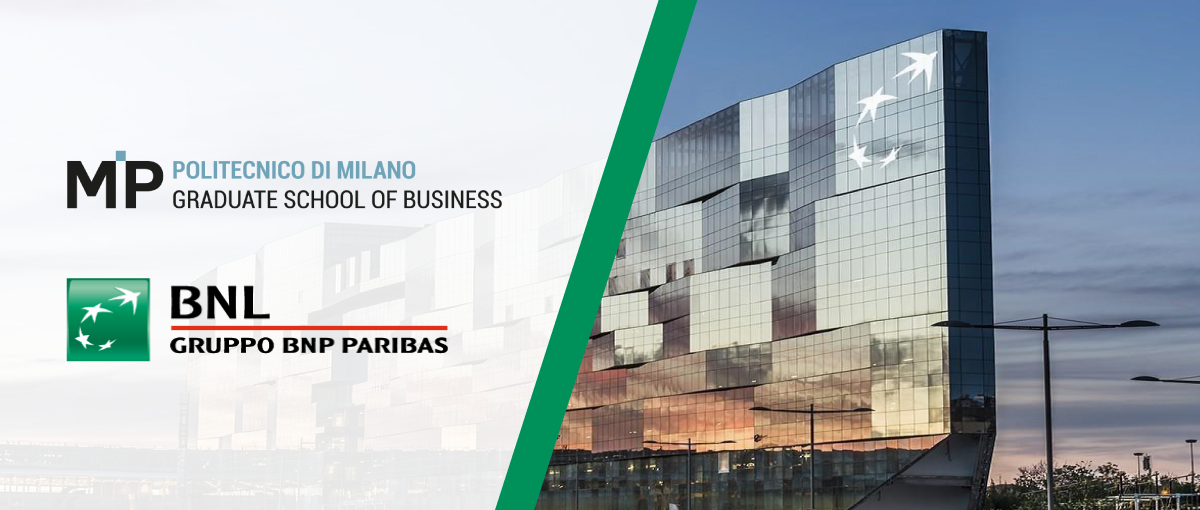
Barbara Sala, CEO at Delcon, talks about her educational and professional career, that led her to head the company founded by her father. «Our goal is to make the supply chain more efficient: using design and listening to those who work in the sector»
Innovating sometimes means changing your perspective. As did Delcon, the Italian company that produces medical equipment led by CEO Barbara Sala. A leap forward that might have been riskier, or that perhaps might not ever have happened, if the company did not have a purpose to guide its choices: «Above all by considering the sector in which we operate, which has a strong ethical value», explains Sala. «Having a noble objective allows us to risk something more to achieve it, adopting a long-term perspective».
Diversifying experiences: an added value
Before coming to the helm of the company founded by her father, however, Barbara Sala travelled down different paths: after a degree in public relations, she explored marketing and technology, working with companies like Microsoft, Fujitsu-Siemens, Banca Intesa. And also by attempting the startup route, giving life to the AllUCanItaly tourism portal, which aimed to present Italy to tourists in its most authentic and genuine form. «Until, in 2011, I realized that the time had come to bring the value of all these experiences to Delcon. Over time, the diversity of my experiences after graduation proved to be an added value», says Sala. «Joining Delcon was an important professional and life choice, as well as an incentive to continue to train myself and thus to be able to meet the needs that my roles required».
An MIP education
Indeed, in 2014, Sala completed her EMBA at MIP Politecnico di Milano. «An experience that I would recommend to everyone. I chose MIP for its engineering background and its attention to the issue of innovation», explains Sala. «But beyond the crucial educational aspect, I was also struck by the great networking opportunities. It was an experience that opened my mind, guaranteeing me empowerment and an important professional boost. Investing in education is the best choice that each of us can make, because the return is immense».
Design that is born out of use
Armed with new professional skills, and eager to innovate, Sala studied a diversification strategy for Delcon: «It wasn’t easy. We operate in a highly regulated sector. All the machinery and technology used in blood collection must meet a series of stringent criteria. Until now, therefore, the production of these technologies always started from regulations». Delcon, at a certain point, decided to try a different strategy: «Together with Cefriel, a consortium company founded by the Politecnico that follows innovative companies, and with the New York Blood Center, we created the Milano scale. Instead of starting from regulations, we decided to interview those who personally use these tools. What were their needs? Based on answers, we started to think about the design of the scale, so that it was not only perfectly compliant with regulations but also functional». The efficiency of the instrument and its ease of use, however, weren’t the only criteria that led to the creation of Milano: «We also worked to create an instrument with a less aseptic design compared to typical hospital products. We like to think that these products make the spaces dedicated to transfusions more welcoming».
Believing in a purpose
Delcon’s new approach also led to a small internal revolution, especially when it comes to hiring: «Our mission was to bring innovation to an industry that has always had difficulties in this area and to make the supply chain more efficient. And we understood that what makes the difference are those people who join our project with enthusiasm, with conviction. For this reason, we often hire candidates more for their attitude than for their CV. We look for courageous people, who like us care about the future of this sector, which is so delicate and important for everyone», concludes Sala.














